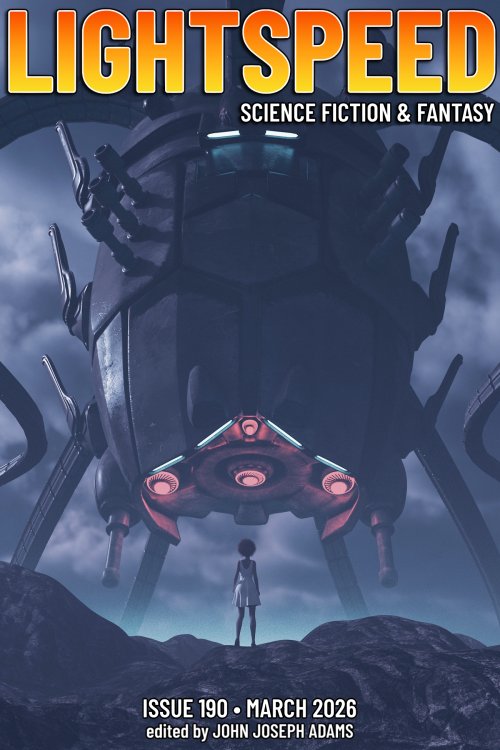Author Spotlight
Author Spotlight: Jonathan Olfert
I write all kinds of things for all kinds of reasons, but any time I set a story in or near the Churchlands, the priority is emotional honesty. I want the Churchlands stories to feel familiar to people who’ve worked themselves out of similar situations or wish they could. So I make it all as real as I can, take it as seriously as I can, as a matter of respect.









